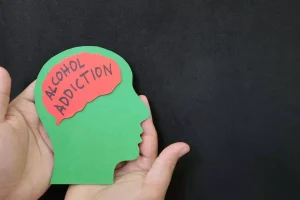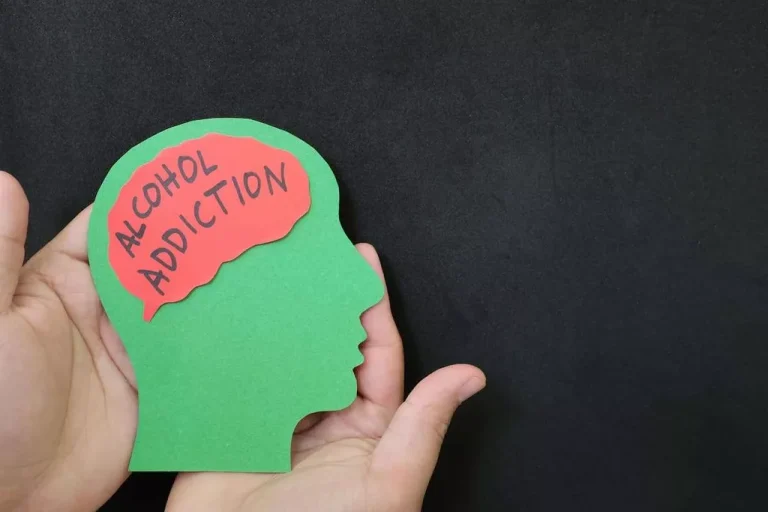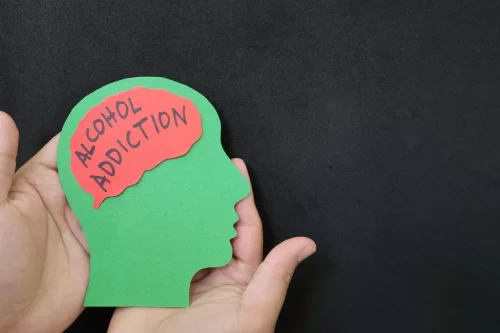
If you drink more than 12 units of alcohol, you’re at considerable risk of developing alcohol poisoning, particularly if you’re drinking many units over a short period of time. Even among the positive studies, potential health benefits are often quite small. In addition, alcohol may reduce the risk of one condition (such as cardiovascular disease) while increasing the risk of another (such as cancer). So it’s hard to predict who might actually benefit and who may be harmed more than helped by alcohol consumption. And the balance of risk and benefit likely varies from person to person, based on individual factors such as genetics and lifestyle factors. The National Institute on Alcohol Abuse and Alcoholism (NIAAA) defines binge drinking as a pattern of drinking alcohol that brings blood alcohol concentration to 0.08%—or 0.08 grams of alcohol per deciliter—or higher.

Support links

If an individual is beginning to think about alcohol as a problem worth trying to solve, educational groups may provide support for weighing the pros and cons of drinking. A person with alcohol use disorder has come to rely on alcohol physically, psychologically and/or emotionally. The brain adapts to the presence of alcohol and undergoes persistent changes. When alcohol use suddenly stops, the body is not accustomed to being alcohol free. The internal environment changes drastically, causing symptoms of withdrawal.
When to call a professional
It is the inability to control drinking, even when it negatively affects a person’s life. The person consuming alcohol may develop tolerance and experience amphetamine addiction treatment withdrawal symptoms when trying to cut back. Too much alcohol affects your speech, muscle coordination and vital centers of your brain.
- Staton has been researching interventions to combat alcohol related harm and injuries in Tanzania for more than a decade with partners at Kilimanjaro Christian Medical Centre.
- These family members and friends must prioritize their self-care practices and seek support, including therapy and support groups such as Al-Anon.
- But these may be easier for concerned family members and friends to ask, since they may hesitate to ask direct questions about quantity.
Cancer risk
Childhood abuse and domestic or sexual abuse are likely to mentally scar anyone, and these are high-risk factors for alcohol use disorder. When you don’t properly address past abuse in therapy, you might turn to heavy drinking to temporarily feel better about your situation. This is a dangerous practice, as it turns into a destructive cycle. The health risks of alcohol tend to be dose-dependent, and the likelihood of certain harms, such as cancer, begin at relatively low amounts.6 Even drinking within the U.S. Other reports have shown that women and seniors are drinking more — and suffering the consequences. As the gap between what men and women drink narrows, deaths directly linked to alcohol have grown more rapidly for women, according to a study published in 2023 by JAMA’s Substance Use and Addiction.

Mental health
It can also weaken your bones, placing you at greater risk of fracturing or breaking them. Alcohol is a powerful chemical that can have a wide range of adverse effects on almost every part of your body, including your brain, bones and heart. See the Resources, below, for guidelines to help clinicians manage pain in patients with or in recovery from substance use disorders.
Effects of Alcoholism on the Body
That can lead to pancreatitis, which is inflammation of the pancreas. If alcohol continues to accumulate in your system, it can destroy cells and, long term alcohol misuse may cause eventually, damage your organs.
- For example, any alcohol consumption by a pregnant person can be considered alcohol misuse, as well as drinking under the legal age of 21.
- If AUD is not treated, it can increase your risk for serious health problems.
- Alcohol use disorder develops when you drink so much that chemical changes in the brain occur.
- With each alcohol withdrawal episode, the brain and nervous system becomes more sensitised and the resulting side effects become more pronounced.
- Psychiatry – Medical interventions can be crucial in treating Alcohol Use Disorder.
- The morning after a night of over-imbibing can cause some temporary effects on your brain.
Alcohol misuse leads to lost trust among family members and friends and disrupted family dynamics. Strained relationships can result from financial instability due to job loss, https://ecosoberhouse.com/ legal issues from alcohol-related charges, like DUIs, and an overall decline in functioning and reliability. Neurological Damage – Alcohol abuse can lead to long term effects including cognitive impairment, memory loss, and an increased risk of dementia. Heavy alcohol use – Per SAHMSA’s definition, a pattern of drinking that involves binge drinking five or more times per month. They can assess whether you have a risky drinking pattern, evaluate your overall health, help create a treatment plan, and refer you to programs or other healthcare providers if necessary.
Brain
Alcohol use disorder is diagnosed on the basis of criteria defined in the fifth edition of the Diagnostic and Statistical Manual of Mental Disorders (DSM-5). The DSM is a guide that describes and classifies mental disorders, published and updated regularly by the American Psychiatric Association and used as a tool by medical professionals. The more familiar term “alcoholism” may be used to describe a severe form of AUD, but physicians, researchers, and others in the medical community tend not to use the word. Take our free, 5-minute substance abuse self-assessment below if you think you or someone you love might be struggling with substance abuse. The evaluation consists of 11 yes or no questions that are intended to be used as an informational tool to assess the severity and probability of a substance use disorder.

Effects of alcohol misuse
Binge drinking too often can make it harder to fall asleep and stay asleep. It can also increase snoring and sleep apnea, making it hard to get a good night’s rest. As the leader in addiction treatment American Addiction Centers specializes in helping people recover from alcohol addiction. The effects of alcohol can range from mild, such as skin flushing, to more severe symptoms such as passing out or vomiting.